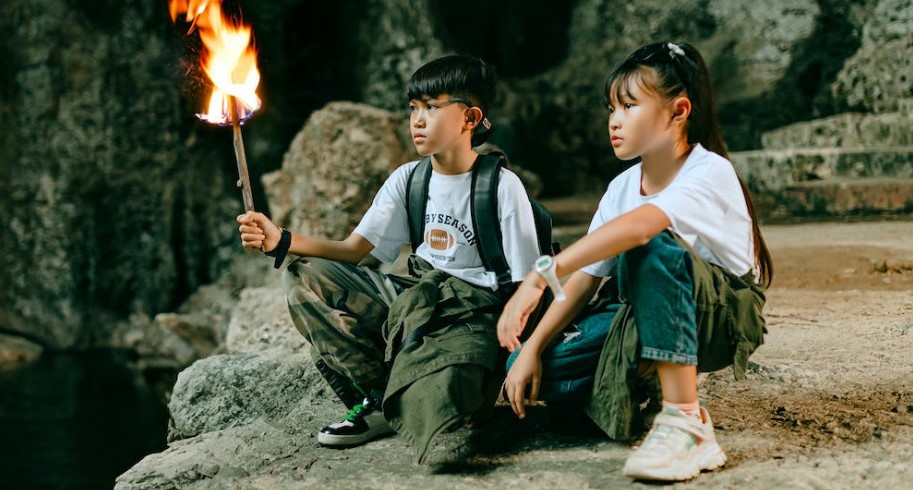Child rights are fundamental human rights specifically designed to safeguard the well-being and development of children. These universal rights apply to every child, regardless of nationality, race, or gender. Ensuring the protection of child rights is crucial to fostering a safe, nurturing, and inclusive society for the future generation. There are several organisations, such as the child rights protection ngo extending dedicated services and working tirelessly to advocate for the rights and welfare of children. This article will examine the concept of child rights and explore ways to protect them.
Table of Contents
Understanding Child Rights
Child rights encompass many principles and protections enshrined in international laws and conventions. These rights are based on the fundamental belief that every child is entitled to specific provisions promoting physical, emotional, and cognitive development.
The Four Core Principles of Child Rights
Non-Discrimination: All children have the right to be treated equally and without discrimination. This principle ensures that no child should face discrimination based on race, religion, or other status.
Best Interests of the Child: The child’s best interests should be an immediate consideration in all decisions that may affect them. This principle ensures that children’s welfare is prioritised in custody battles or policymaking.
Right to Life, Survival, and Development: Every child has the inherent right to life and the right to survive and develop to their full potential. This includes access to healthcare, education, and adequate nutrition.
Respect for the Views of the Child: Children have the right to express their opinions and have them heard on matters that concern them. This principle emphasises the importance of including children in decision-making processes that affect their lives.
Ensuring Child Rights Protection
The Role of NGOs in Child Rights Protection
Non-Governmental Organisations (NGOs) are crucial in advocating for and protecting child rights. These organisations work tirelessly to raise awareness about child rights violations, support and assist vulnerable children, and lobby governments for policy changes.
Creating Safe Environments for Children
Child rights protection begins with creating safe environments where children can thrive. This ensures access to quality education, healthcare, and adequate living conditions. Additionally, it involves safeguarding children from violence, abuse, and exploitation.
Strengthening Legal Frameworks
Countries must have robust legal frameworks that align with international standards to protect child rights effectively. Governments must enact and enforce laws that address issues like child labour, child trafficking, and child marriage.
The Importance of Education in Child Rights
Education plays a pivotal role in promoting and protecting child rights. It empowers children with knowledge, skills, and opportunities, breaking the cycle of poverty and vulnerability. Access to quality education equips children to make informed decisions, increases their employability in the future, and enhances their ability to contribute positively to society.
Combating Child Labour: A Step Towards Child Rights Protection
Child labour remains a persistent challenge in many parts of the world, depriving children of their right to education, health, and a safe childhood. Eradicating child labour is crucial for protecting child rights. Governments, NGOs, and communities must work together to address the causes of child labour and support affected families. By promoting alternatives such as vocational training and social safety nets, there is a promising future where every child is free from exploitation and allowed to grow and learn.
Empowering Children’s Voices: A Path to Inclusive Decision-Making
Incorporating children’s voices in decision-making processes is vital for safeguarding their rights effectively. Giving children the platform to express their opinions and concerns leads to more inclusive policies and programs. Listening to children’s perspectives also helps identify gaps in existing systems and develop targeted interventions.
Best Way to Write AI Tools for Legal Writing
Conclusion
In conclusion, protecting child rights is an ethical obligation that requires collective efforts from individuals, communities, governments, and organisations such as the child rights protection ngo. Ensuring access to education, combating child labour, and empowering children’s voices creates an environment where every child can flourish and reach their highest potential.

